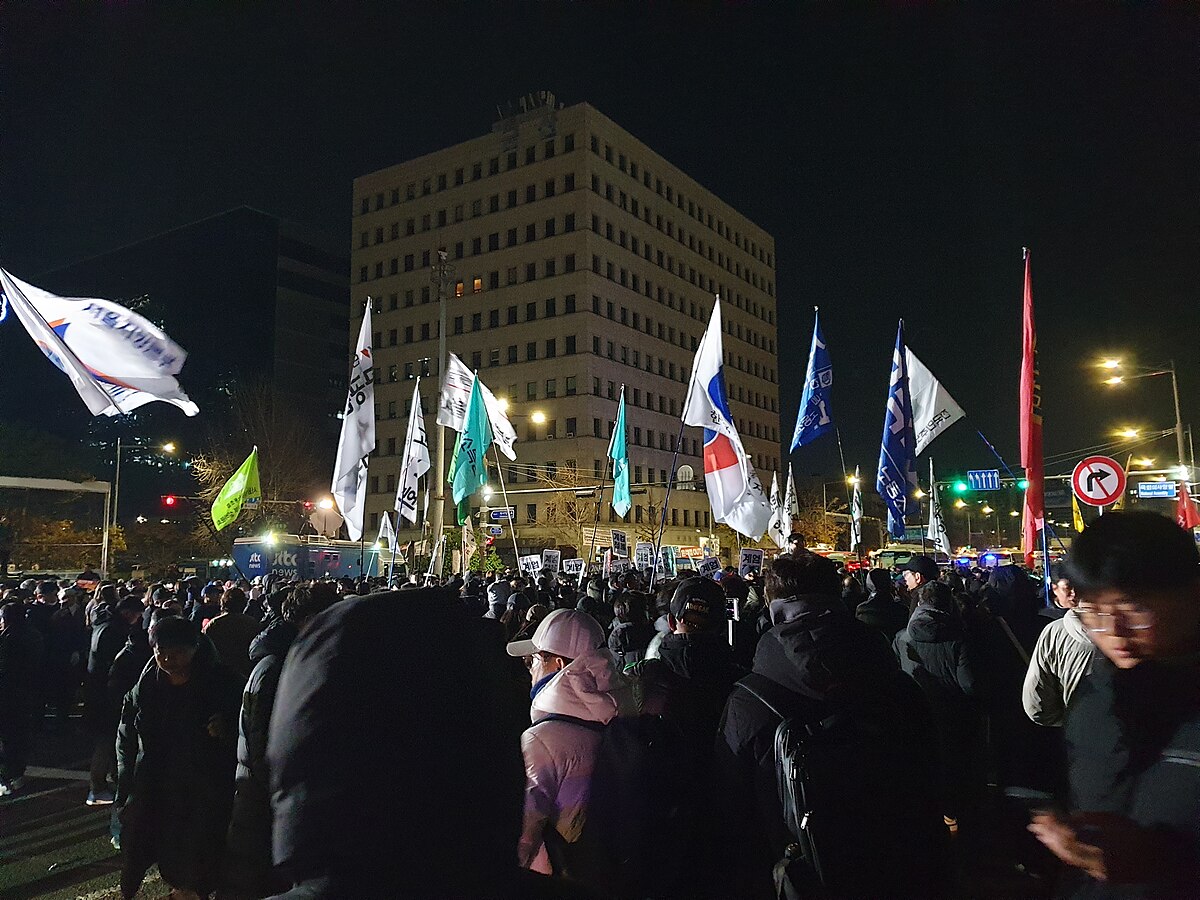
Title: Medical Students in South Korea Face Intense Pressure: The Price of Speaking Up
By: Health Policy Watch Editorial Team | May 2025
In South Korea, recognized for its premier education and sophisticated healthcare system, a significant and quiet struggle has been developing, challenging the core of medical education and professional independence.
For more than a year, medical students and residents in South Korea have encountered progressively harsh repercussions for expressing opposition to government-driven health reforms. What began as dissent over suggested healthcare policies has evolved into one of the most visible confrontations between students and the government in recent times.
Background: The Catalyst for the Protest
The controversy originated from extensive healthcare reforms proposed by the South Korean government in 2024. These reforms included several debatable measures, such as:
– A substantial rise in medical school enrollments to address the shortage of doctors in rural areas.
– The possible establishment of a “clinic approval system,” which critics argued would hinder the formation of new private practices and complicate the career trajectories of emerging doctors.
– Continued control of medical service fees that are frequently below operational costs across various specialties.
– Allegations of misrepresentation regarding the needs of rural healthcare, with students and professionals contending that the actual problem lies not in a lack of doctors, but in low patient volume and inadequate infrastructure in remote regions.
These reforms, presented by the Ministry of Health as a pursuit of equity in medical care, have drawn criticism from students and many healthcare practitioners as shortsighted and overly influenced by politics.
In response, a substantial cohort of medical students chose not to register for the national licensing examination in 2024. Resident doctors participated by initiating walkouts. This led to a series of state pressures—directives to resume duties, threats of legal action, and escalating sanctions against those who opposed the reforms.
May 2025: A New Level of Punishment
Until recently, students involved in the strike or who resisted compliance faced suspension or academic probation. However, on May 2, 2025, a significant change occurred as university policies—allegedly swayed by central government influence—were dramatically altered. Students were informed that temporary penalties were no longer applicable, with expulsion now being the consequence.
No hearings occurred. No opportunity for appeal was provided. Students and their families received terse, often impersonal notifications of their expulsion. Their academic prospects—nurtured over years of rigorous effort—were suddenly extinguished.
Muffling Dissent
In conjunction with these punitive actions, a campaign materialized that depicted medical students as privileged and obstructive. Mainstream media frequently parroted state narratives, framing the protesters as entitled youth reluctant to support underserved populations.
“You’re future elites,” a notable editorial stated. “You cannot complain about injustice when your future salaries will far exceed that of the average citizen.”
Such representations overlook the underlying concerns expressed by medical students. “This is not about financial gain,” contended one anonymous student. “It’s about survival within a healthcare system being distorted into a political instrument. We are not resisting service; we are fighting against being sacrificed.”
The students’ capacity to advocate for their interests has been methodically undermined. University channels, student organizations, and even social media platforms raising their voices against the reforms have gone silent—often due to oversight, fear of institutional repercussions, or direct censorship.
Health Reform or Political Maneuvering?
Critics assert that the reforms focus less on enhancing public health and more on gaining political leverage or shifting accountability for systemic problems to the upcoming generation of doctors.
“Authentic rural reform requires investment: improved hospitals, better transportation, telemedicine,” stated one resident who chose to remain anonymous. “You cannot remedy inequality by coercing young doctors into underfunded environments—and then punishing them for questioning quick-fix solutions.”
While improving rural healthcare access remains a challenge, several major hospitals in Seoul report that patients with intricate medical cases are still directed to urban facilities from various regions across the country. The principal issue appears not to be the availability of doctors, but rather a deficiency in integrated, nationwide healthcare planning.
A Disturbing Precedent
Perhaps more troubling than the policy itself is the precedent these actions establish. If future professionals in any field—healthcare, law, journalism—can be expelled, fined, or prosecuted for organized, peaceful protest, what happens to professional independence and democratic engagement?
Observers caution that this situation could have enduring repercussions for South Korea’s healthcare workforce pipeline. Thousands of students currently enrolled in medical schools are re-evaluating their commitment to their education. Others are contemplating migration, with an increasing interest in international programs.
“Trust in institutions is disintegrating,” notes Dr. Park Eun-sung, a medical ethicist based in Seoul. “These students are not rebelling for notoriety or wealth. They’re fighting because they’re witnessing their futures crumble before their eyes.”
The Path Forward
As May 8 nears—a date many anticipate as a probable occasion for another significant government announcement—anxiety is building. Will more students face expulsion? Will licensing exams take place without compromise? Will constructive dialogue become a reality?
The global community is beginning to pay attention, but for many students living under the threat of reprisals, the future remains uncertain.